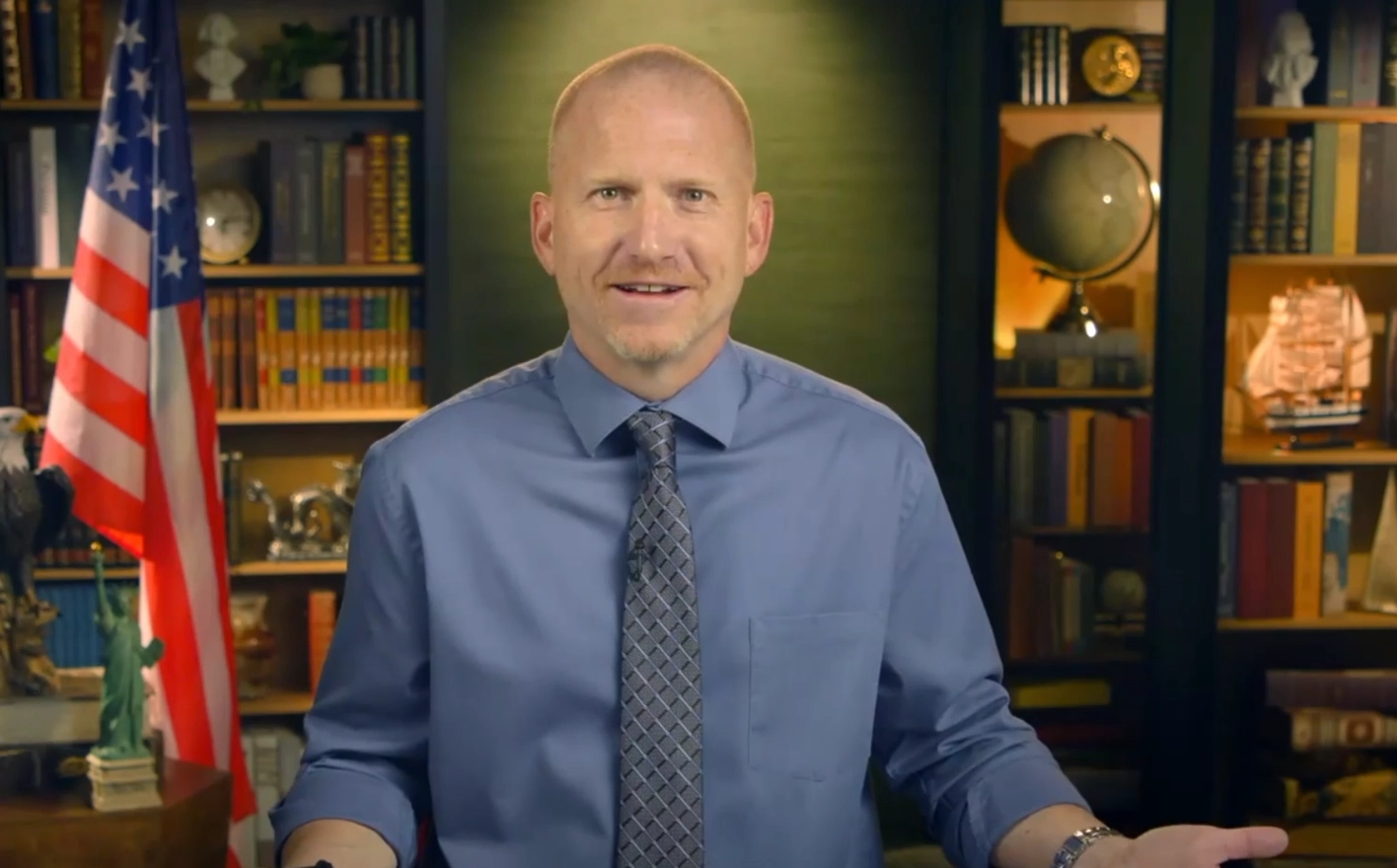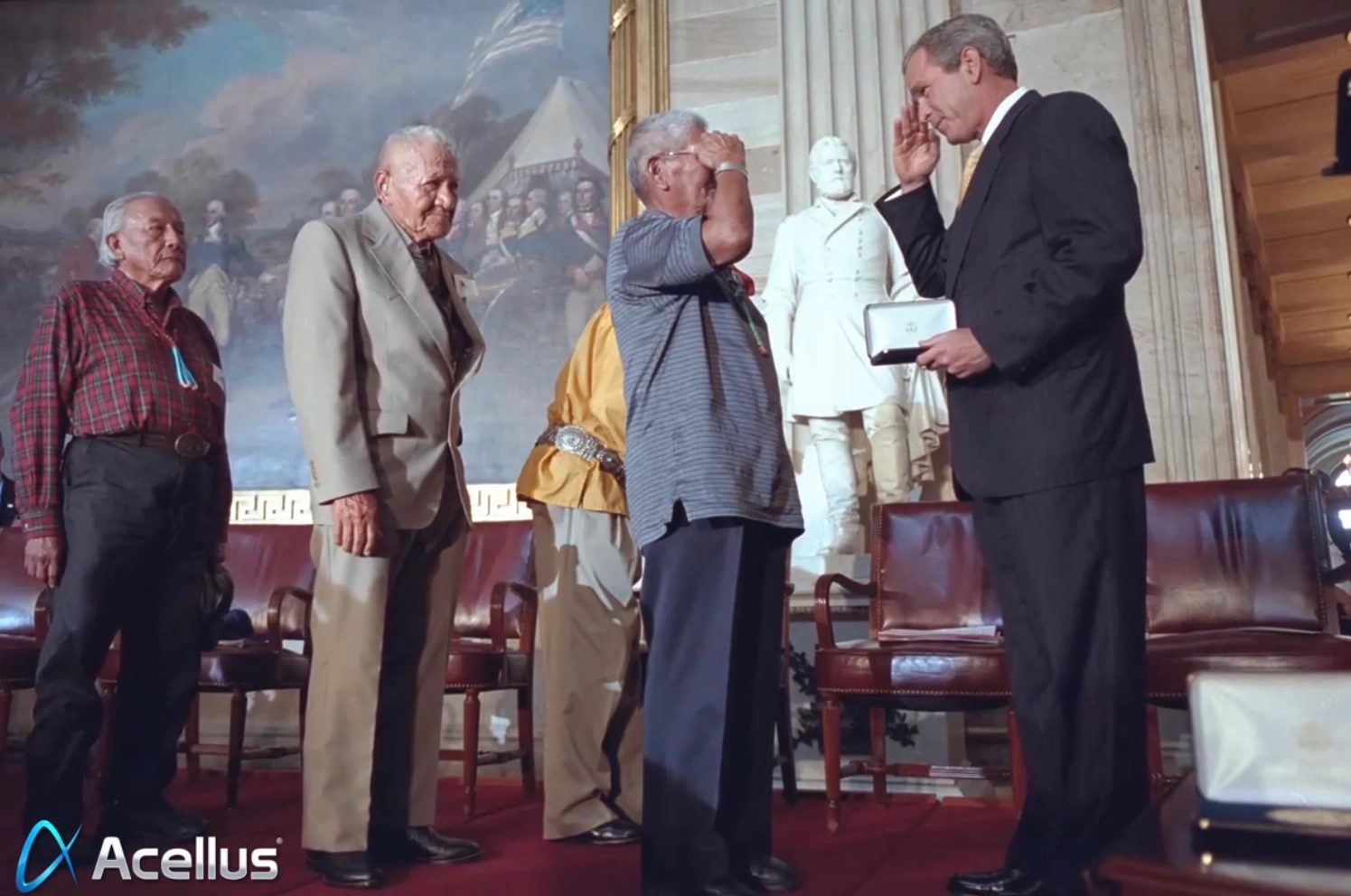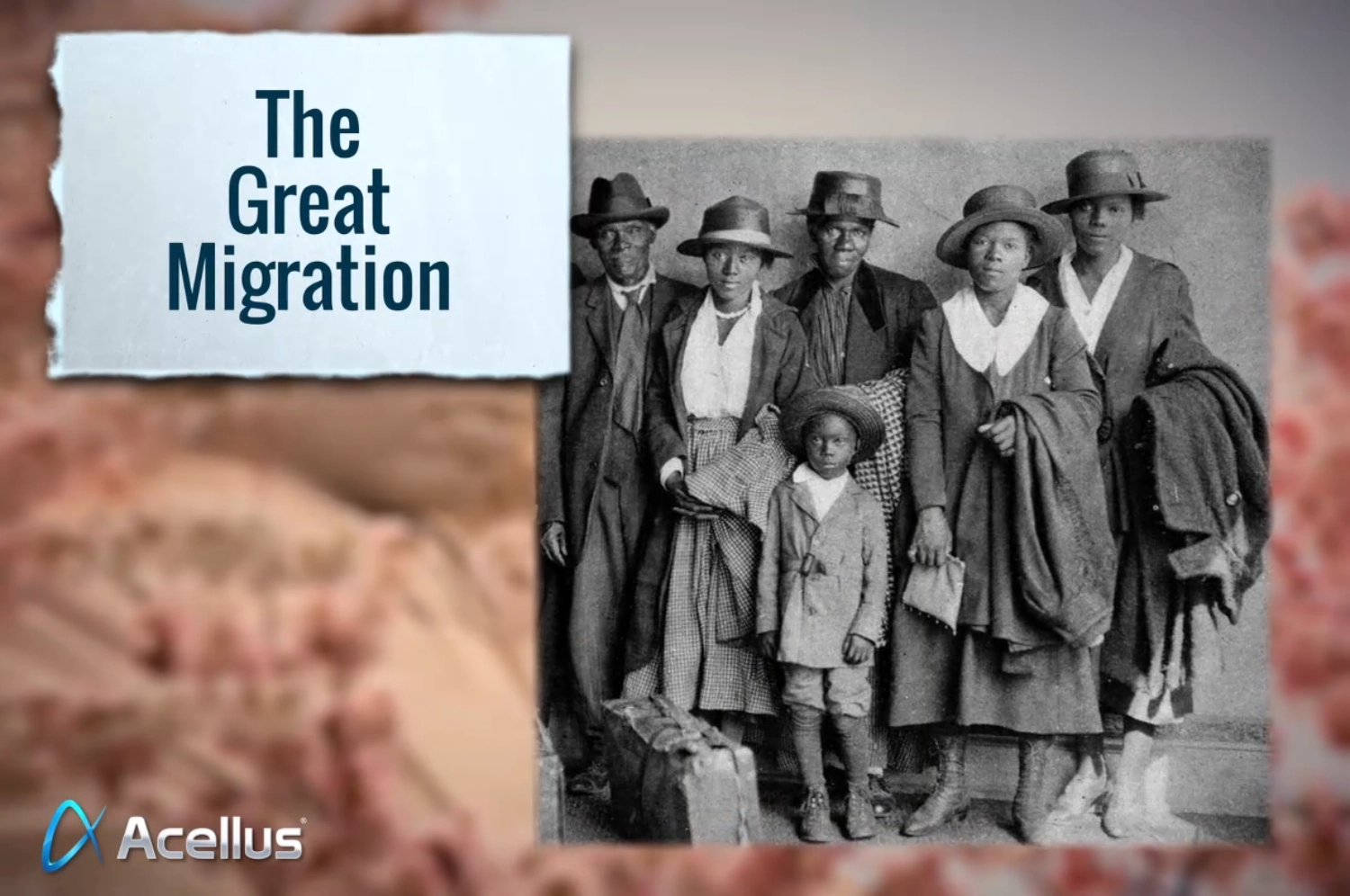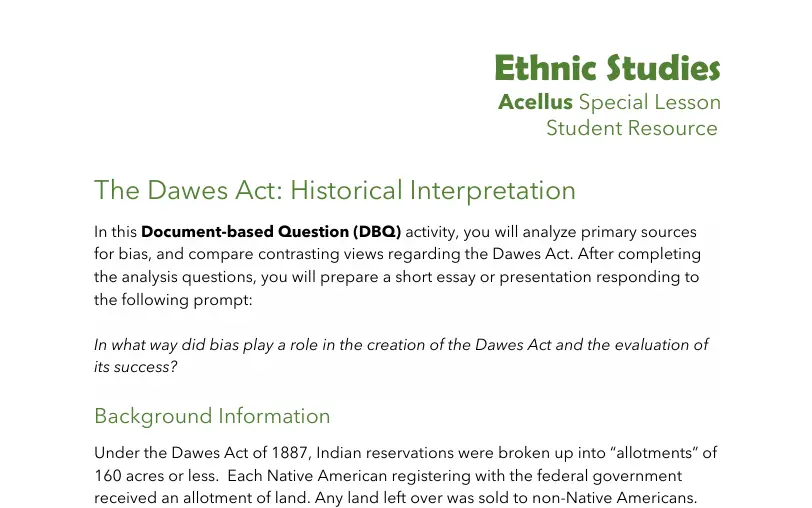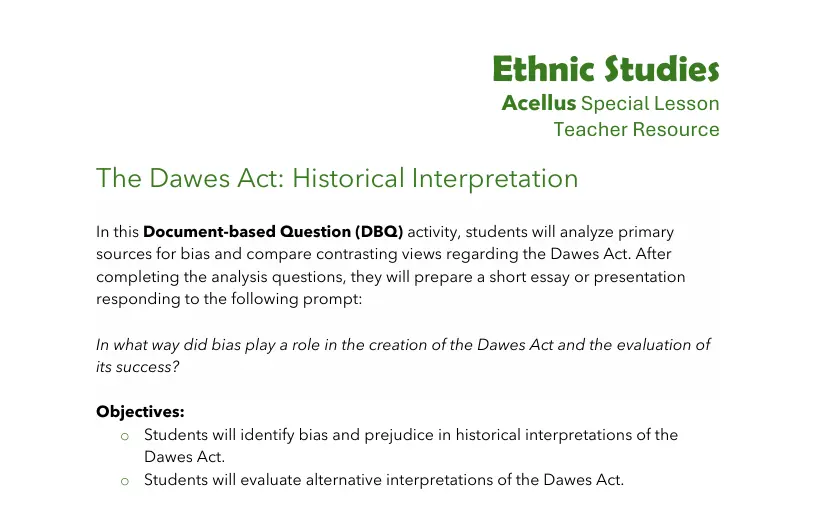Ethnic Studies
Assessment: Lesson Practice, Unit Exams, Mid-Term Exam, Final Exam
Language: English
Ethnic Studies Program
The Acellus® Ethnic Studies program is a semester-long high school course that introduces students to the diverse cultures and peoples that make up the unique society of the United States. Students begin by exploring the foundations of ethnic studies, including concepts of cultural identity, terminology, and American governance. The course examines immigration through historical periods and explores how prejudice, stereotypes, and discrimination have influenced the American experience.
Students then dive into the histories and contributions of various communities, including Native Americans, African Americans, Latinos, Asian/Pacific Islanders, Arab/Muslim Americans, and Jewish Americans. They study the evolution of U.S. immigration laws and analyze their impact on society. The course concludes with a unit that encourages students to reflect on their roles within their communities and the broader society, emphasizing the importance of cultural respect and civic engagement.
Throughout this high school social studies course, students enhance their critical thinking and analytical skills by analyzing historical narratives and contemporary issues. This curriculum builds a foundation for informed citizenship and a deeper understanding of the nation’s cultural landscape.
Video Based Lessons
These video based lesson are accessible and can be rewatched, making them a flexible learning option.
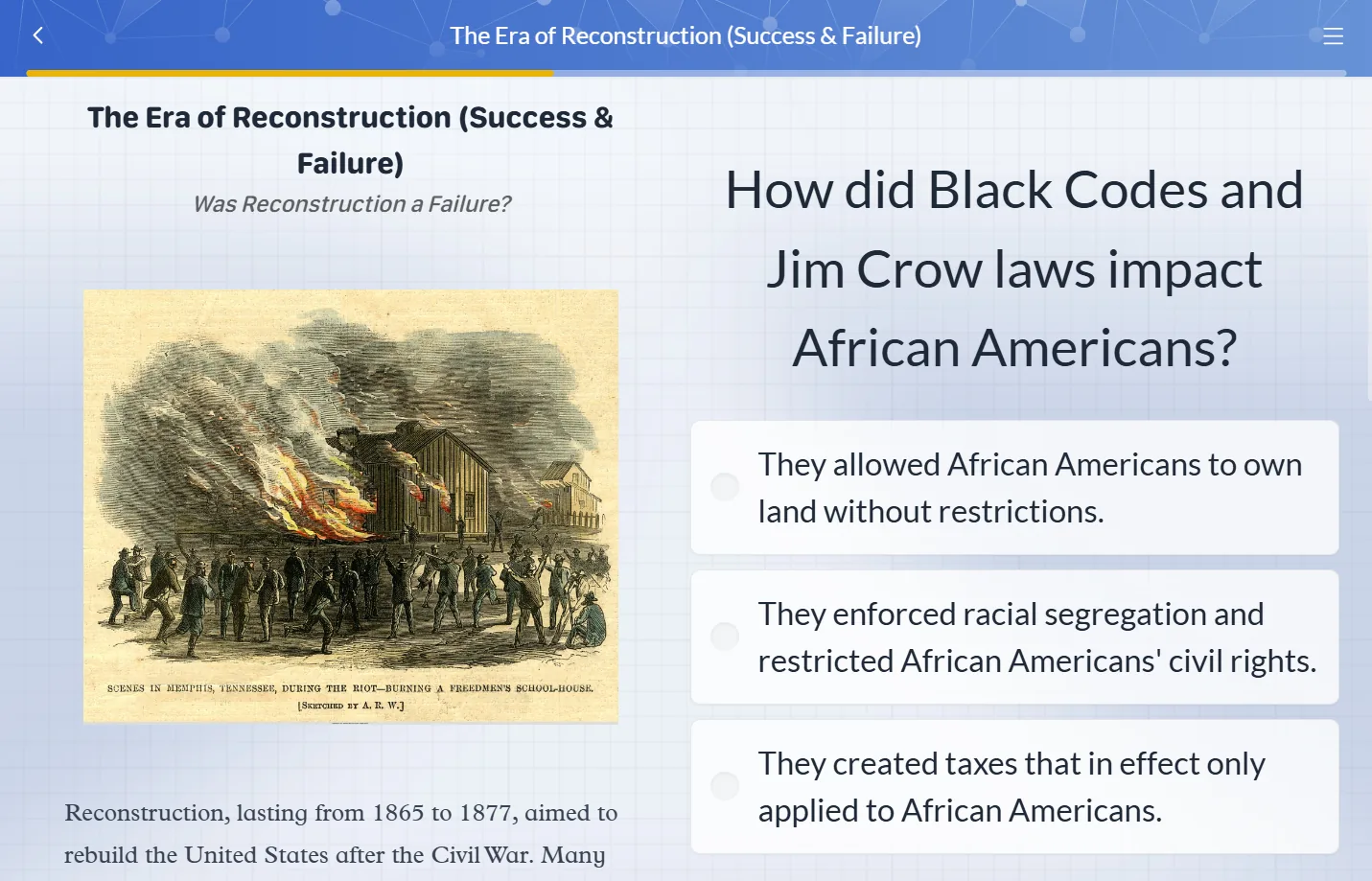
Interactive Practice Questions
The interactive practice problems offer an engaging and effective way to learn, helping students deepen their knowledge and develop essential academic skills.
Ethnic Studies Worksheets
Special lessons provide students with engaging hands-on learning opportunities and help support parents in facilitating these lessons effectively by providing comprehensive parent resources.
High School Social Studies
By the end of this Ethnic Studies course, students will deeply understand the formation and evolution of cultural identities in America. They will explore immigration, cultural exchange, and the historical forces that shape society today.
Students will sharpen critical social‑studies skills—analyzing narratives, constructing persuasive arguments, and connecting past events to modern issues. They will also enhance their reading, writing, and analytical thinking, building confidence for advanced humanities courses and becoming thoughtful, informed citizens ready to engage with complex cultural conversations.

